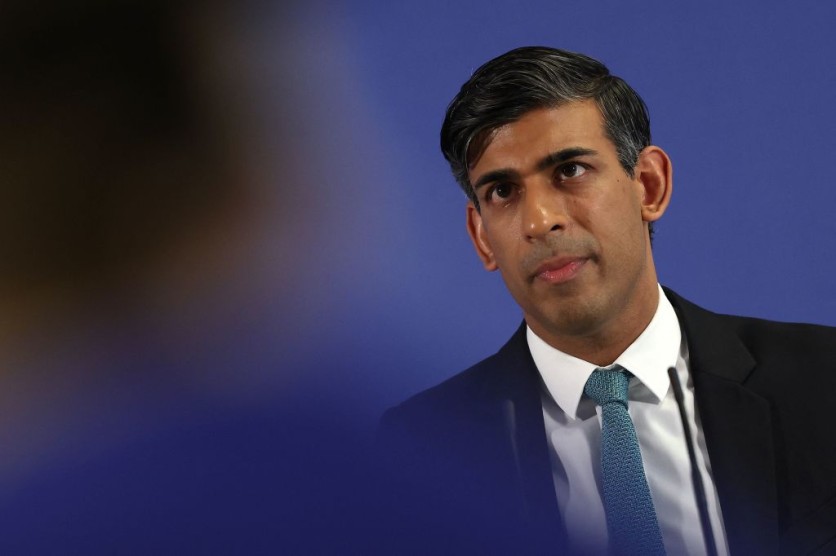On Monday, the UK, Somalia, the UAE, the Children's Investment Fund Foundation, and the Bill and Melinda Gates Foundation organized a global summit aimed at boosting food security through science and innovation. However, critics argue that the focus on technology overlooks increasing wealth inequality.
British Prime Minister Rishi Sunak emphasized the urgency of addressing hunger globally, stating, "In a world of abundance, no one should die from lack of food, and no parent should ever have to watch their child starve," according to a report from VOA.

Virtual Hub Enhancing Food Production
UK PM Rishi Sunak announced plans for a "virtual hub" for innovation in food production, known as CGIAR (Consultative Group on International Agricultural Research), focusing on flood-tolerant rice, disease-resistant wheat, and more.
Moreover, the UK has partnered with the Access to Nutrition Initiative (ATNI) to encourage major food companies to produce healthier and more sustainable products. The £2 million ($2.5 million) support package will facilitate assessments of leading global food and drink companies over the next two years, according to the UK government's news release.
Additionally speaking at the conference, Somali President Hassan Sheikh Mohamed emphasized the food stabilization initiative run in collaboration with the UK to address the humanitarian crisis in Somalia made worse by food insecurity and climate change.
Addressing Inequality Should Be The Focus
Despite the emphasis on technological solutions, critics argue that tackling the inequalities behind food insecurity is essential. Analyst Steve Wiggins from the ODI development think tank acknowledges technology as a tool but emphasizes addressing poverty, marginalization, and vulnerability as fundamental factors driving hunger.
Nick Nisbett of the Institute of Development Studies, as quoted by VOA, remarked: "This summit is welcome. I think some of the solutions are welcome. But I think it's not going to be enough to tackle that huge problem of hunger, which has been with us for decades and which we seem to be going backward in many steps. Technological solutions tend to focus on the supply side, so new tech for agriculture, supply chains, and so on. But what we actually need to do is tackle the inequalities that lie behind that hunger."
He further explained that the most straightforward approach might be to provide individuals with food or give them the financial means to buy food in the markets.
The Telegraph reported that the global food crisis has worsened, with more than 122 million more people facing hunger than in 2019, as per the United Nations. Ongoing conflicts, the war in Ukraine, and the COVID-19 pandemic have created a "perfect storm" impacting food supplies.
The UN report indicates that almost 600 million people are projected to face hunger by 2030, underscoring the urgent need for comprehensive solutions to global food insecurity.
Related Article: Social Media Outranks Experts, Books for Parenting Tips

ⓒ 2025 TECHTIMES.com All rights reserved. Do not reproduce without permission.




